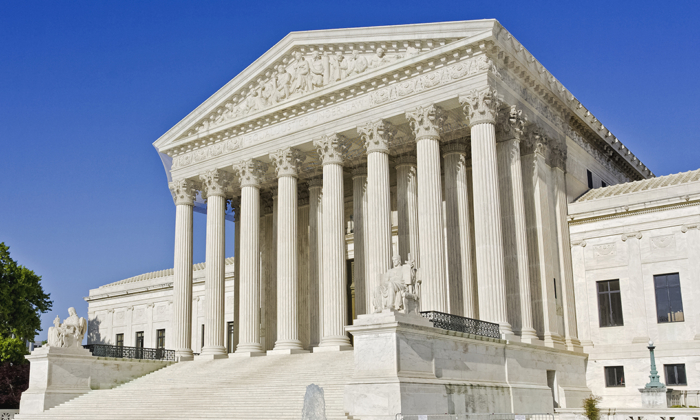Loper Bright Enterprises v. Raimondo
Loper Bright addresses one source of this discretionary dilemma: Chevron deference. That doctrine, named for the 1984 decision that spawned it, requires courts to defer to any “reasonable” agency interpretation of the ambiguities or silences in a law. In practice, Chevron deference enables agencies to often overstep their authority by treating vague language or doubtful gaps in a statute as authorization for actions that the agencies favor but which Congress never intended.In Loper Bright, the National Marine Fisheries Service read one such doubtful gap into the Magnuson-Stevens Act and “discovered” a previously unknown power to require small fishing vessels to pay for their federally mandated at-sea monitors who enforce restrictions on methods and amounts of fishing.
To avoid that crippling financial burden, the fishermen argue that Chevron deference lets agencies steal the courts’ power to say what the law is and Congress’ power to write laws, leaving citizens subject to regulators’ whims. Therefore, they contend that the court should overrule Chevron or drastically constrain its application.
Even before the fisherman reached the high court, Chevron deference looked significantly diminished. The Supreme Court, despite a steady diet of administrative law cases, had not deferred under Chevron in over six years.
Increasingly, the Supreme Court has invoked the non-deferential “major questions” doctrine (which requires agencies to identify a clear congressional statement authorizing decisions of substantial political and economic import) to displace Chevron deference in the most significant controversies such as the COVID-19 vaccine mandate, the eviction moratorium during the pandemic, and (to a lesser extent) the administration’s attempt at student loan cancellation.
But the lower federal courts remain fond of the Chevron doctrine, finding ambiguities in roughly 70 percent of cases across an array of statutory regimes. The Supreme Court seems poised to limit deference to agencies, but it remains uncertain how far the court will go in Loper Bright.
Securities and Exchange Commission v. Jarkesy
Loper Bright will have major implications for citizens fighting administrative agencies in courts, but it won’t have much of an effect if citizens can’t get their cases into courts. Agencies prosecute many of their cases before tribunals within the agencies themselves. There, agency employees called administrative law judges decide those cases in the first instance, and other judge employees hear appeals.Jarkesy may limit the use of these in-house tribunals. The Securities and Exchange Commission suspected that George Jarkesy Jr. and his investment advisor committed fraud, and it brought an enforcement action against them before one of its judges. The defendants argued that the in-house tribunal violates their Seventh Amendment right to have a jury trial. That right applies to “suits at common law,” of which fraud is one. So, the defendants argue, the Constitution forbids the SEC from bringing their case to its in-house tribunal.
They also argued that Congress gave the agency too much discretion to choose whether to bring cases to courts or to administrative law judges. Under a seldom-enforced rule called the nondelegation doctrine, Congress can’t give an agency power without setting “intelligible” limits on how the agency can use it. Here, the defendants argued, Congress set no limits at all on the SEC’s ability to decide where to send its enforcement cases.
If the defendants win their Seventh Amendment claim, agencies will have to send more of their enforcement cases to federal court. This probably wouldn’t affect that many cases. There aren’t many suits at common law, and most agencies don’t bring them. But for those that do, a win for the defendants would partially dispel the specter of bias that haunts administrative law judges, who rule in their employers’ favor 90 percent of the time.

